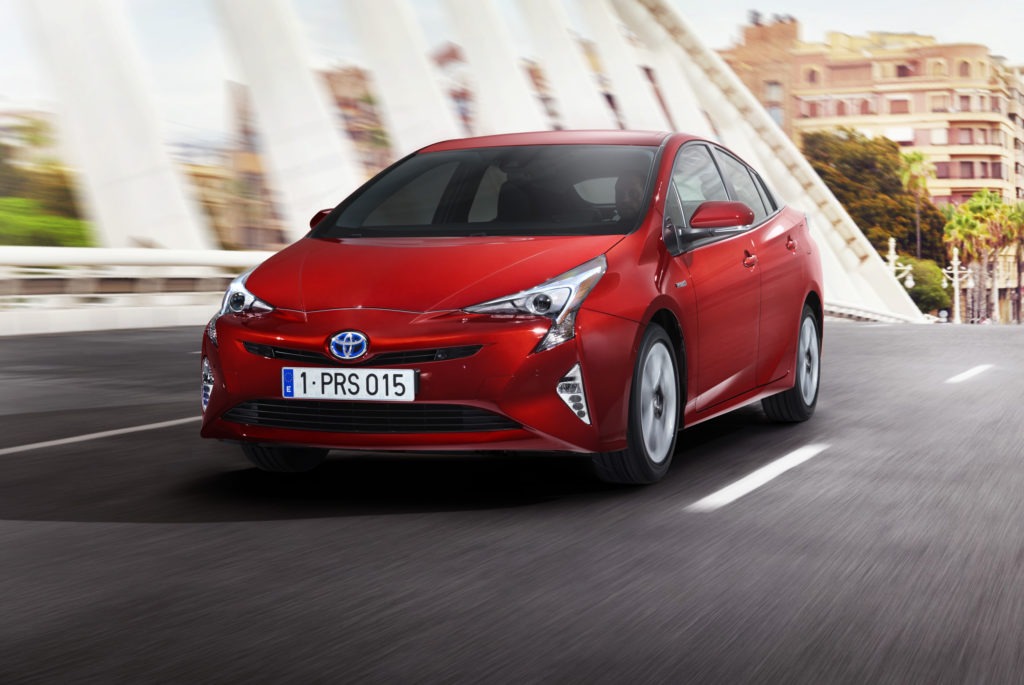Toyota outlines plans for electrification of all models during the next decade
18 December 2017

18 December 2017
In its latest round of electrification news, Japanese carmaker Toyota has announced its plans for the next decade, with electric vehicles making a significant part of the company’s future.
Ever since the company was forced into an ′agonising’ U-turn to develop EVs, thanks to upcoming Chinese quota rules, Toyota has been quietly investing and developing the technology. It is already working on solid-state batteries, which offer enhanced range, while last week, the company announced a development partnership with Panasonic.
In a statement, the company has said that by around 2030, it aims to have sales of more than 5.5 million electrified vehicles, including more than 1 million zero-emission vehicles, made up of EVs and hydrogen fuel cell vehicles (FCVs). Additionally, by around 2025, every model in the Toyota and Lexus line-up around the world will be available either as a dedicated electrified model or have an electrified option.
Toyota plans to accelerate its plans to launch EVs, with ten models available by the early 2020s, starting in China, where quota plans come into force for 2019, before entering other markets including Europe and the US. Also, the FCV line-up will be expanded for both passenger and commercial vehicles in the 2020s. The company will not turn its back on hybrid technology, instead of growing the number of models thanks to the further development of the ′Toyota Hybrid System II’ platform currently in use on the latest Prius model. There will also be a simpler hybrid powertrain introduced in select models to meet various customer needs.
Addressing its battery developments, the company statement says: ′Batteries are a core technology of electrified vehicles and present limitations relating to energy density, weight/packaging, and cost. Toyota has been actively developing next-generation solid-state batteries and aims to commercialise the technology by the early 2020s. Also, Toyota and Panasonic will start a feasibility study on a joint automotive prismatic battery business.’ The statement goes on to say that technology developed in the partnership could benefit other automotive manufacturers.
One concern in the uptake of new technology such as electric and hydrogen vehicles is the lack of suitable infrastructure for their mass use and the issue of what to do with batteries once their life in a vehicle has ended. ′Furthermore, Toyota aims to focus on the development of a social infrastructure conducive to the widespread adoption of electrified vehicles,’ the statement concludes. ′This includes the creation of a system to help streamline battery reuse and recycling, as well as the support of the promotion of plug-in vehicle charging stations and hydrogen refuelling stations through active cooperation and collaboration with government authorities and partner companies.’
Toyota entered into a joint venture (JV) partnership with fellow Japanese manufacturer Mazda and parts supplier Denso in September to develop ′basic structural technologies for electric vehicles (EVs).’
In a statement at the time, the automaker said: ′Mazda, Denso and Toyota have decided to jointly develop basic structural technologies for EVs capable of covering a wide variety of vehicle segments and types to ensure flexible and rapid response to market trends. This agreement covers a diverse range of models, including passenger vehicles, SUVs and light trucks.’
Photograph courtesy of Toyota